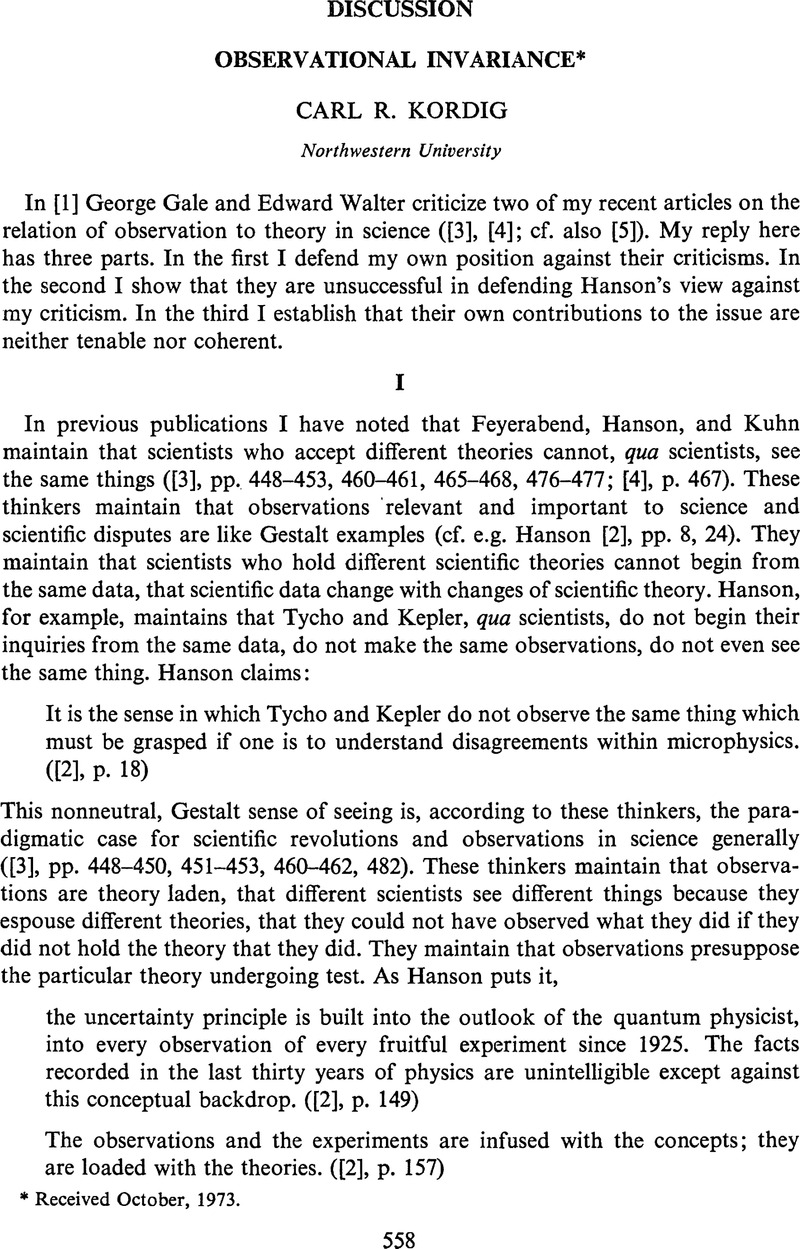Crossref Citations
This article has been cited by the following publications. This list is generated based on data provided by Crossref.
Kordig, Carl R.
1978.
Discovery and Justification.
Philosophy of Science,
Vol. 45,
Issue. 1,
p.
110.
Bengtsson, M.
Kinra, Aseem
and
Antai, Imoh
2010.
Emerging logics of competition: paradigm shift, fantasy, or reality check?.
Competitiveness Review: An International Business Journal,
Vol. 20,
Issue. 2,
p.
94.
Wilder, Matt
and
Howlett, Michael
2014.
The politics of policy anomalies: bricolage and the hermeneutics of paradigms.
Critical Policy Studies,
Vol. 8,
Issue. 2,
p.
183.
Wilder, Matt
2015.
Policy Paradigms in Theory and Practice.
p.
19.
Wilder, Matt
2015.
Ideas beyond paradigms: relative commensurability and the case of Canadian trade-industrial policy, 1975–95.
Journal of European Public Policy,
Vol. 22,
Issue. 7,
p.
1004.



